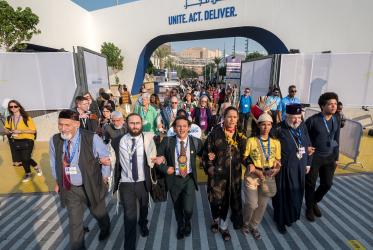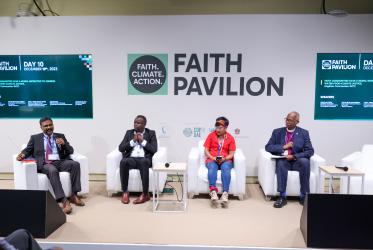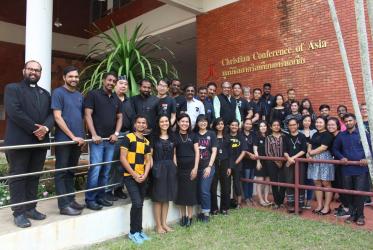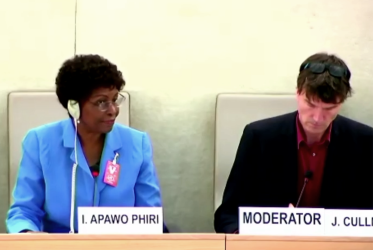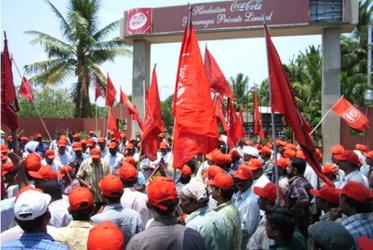Displaying 1 - 20 of 65
WCC to share key insights at World Social Forum
09 February 2024
WCC Eco-School begins in Crete
15 November 2023
WCC Eco School for North America postponed until 2023
14 November 2022
Water and justice at the WCC 11th Assembly
20 July 2022
Groundwater is “a political question”
27 April 2022
WCC Eco-School 2022 postponed to November 2022
31 March 2022

